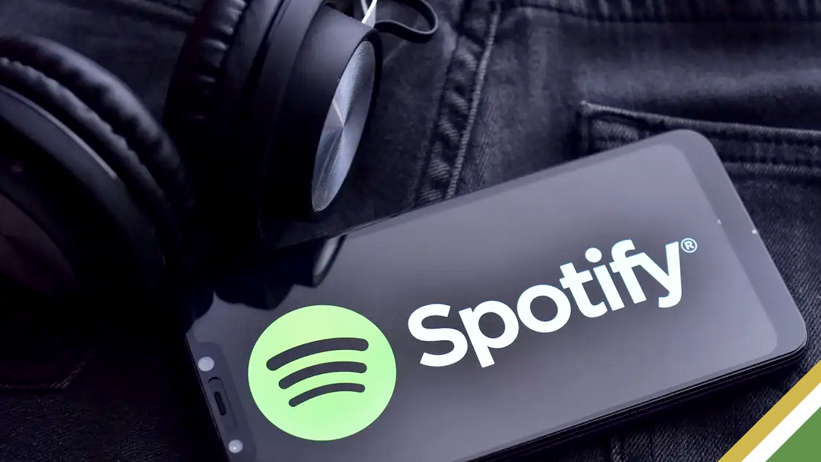In the ever-evolving landscape of music streaming, Swedish giant Spotify is poised to introduce significant changes to its streaming royalty model in early 2024, with global implications that will also impact Jamaica and other Caribbean territories.
These adjustments, as reported by Billboard, come almost three years after Spotify launched in Jamaica and signify a substantial shift in how royalties will be distributed, particularly affecting the lowest-streaming acts, non-music noise tracks, and those engaging in fraudulent activities. Conversations surrounding these modifications have been ongoing for several weeks, involving major record labels such as Universal Music Group, Sony Music Entertainment, and Warner Music Group, as well as independent labels and distributors.
The crux of Spotify’s new royalty system revolves around the introduction of thresholds and penalties. Notably, tracks must now meet a minimum annual stream count before they start generating royalties. This change aims to de-monetize tracks that previously received a minimal share of Spotify’s royalty pool. Additionally, the platform will institute financial penalties for music distributors and labels when fraudulent activities on their uploaded tracks are detected. Furthermore, non-music noise tracks, such as ambient sounds like bird songs or white noise, will be subject to minimum play-time requirements to qualify for royalties.
While the specific benchmarks and the intricacies of financial penalties remain somewhat unclear, it’s evident that these changes will require revised agreements with most record labels and distributors. However, these alterations won’t necessitate entirely new licensing renewals. Instead, adjustments can be made to specific elements of existing agreements. Major labels, operating on different timelines for deal renewals with Spotify, are likely to embrace the new terms, given the potential benefits for artists and rights holders.
In response to inquiries about these developments, a Spotify spokesperson emphasized the platform’s commitment to serving artists and enhancing platform integrity. While specific details regarding these changes are not yet available, it’s clear that the company is actively exploring ways to align its model with the evolving music industry landscape.
This transformation in Spotify’s royalty model aligns with a broader industry trend towards creating more artist-centric models, as advocated by Universal Music Group’s CEO, Lucian Grainge. The music industry has been reevaluating its approaches to reward “real artists with real fanbases” and to tackle issues of fraud and noise content that can dilute artist royalties. With these changes, Spotify is moving in line with the industry’s shifting paradigm, benefiting artists and reshaping the global music streaming landscape.












